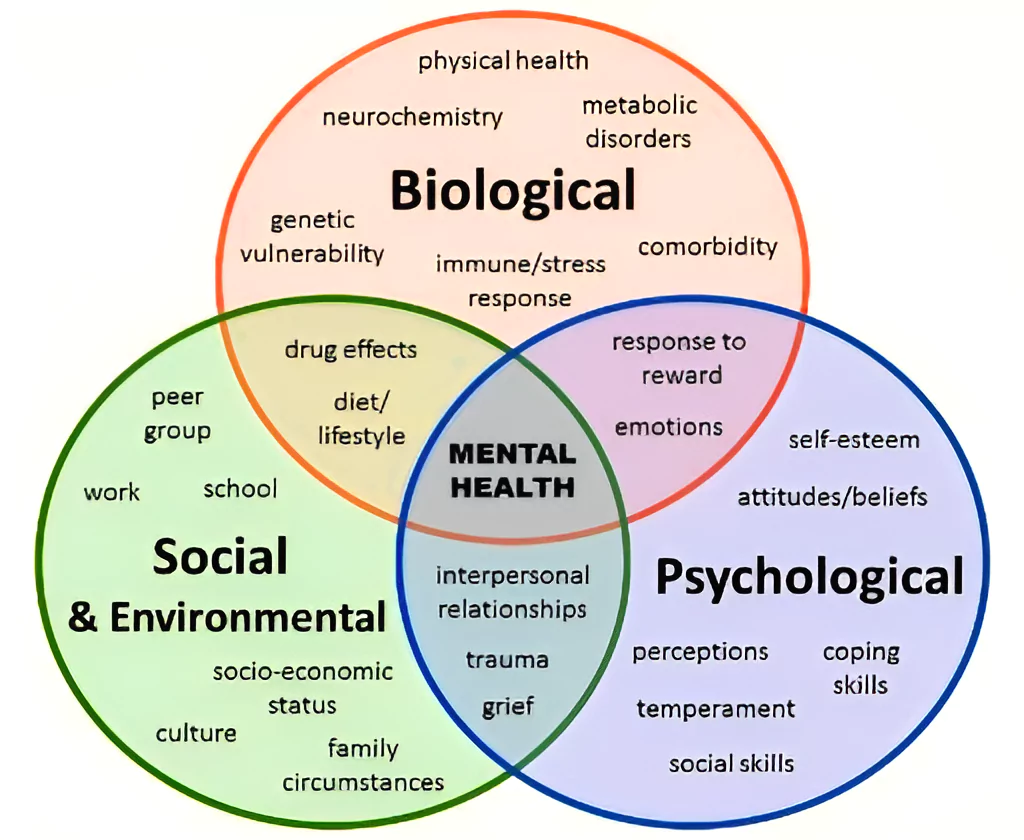![]() 10 Feb 2024
10 Feb 2024
Research at IIT Jodhpur has revealed that Indians under report mental health concerns, despite their prevalence.

News Source: TheHindu
| Must Read | |
| NCERT Notes For UPSC | UPSC Daily Current Affairs |
| UPSC Blogs | UPSC Daily Editorials |
| Daily Current Affairs Quiz | Daily Main Answer Writing |
| UPSC Mains Previous Year Papers | UPSC Test Series 2024 |
<div class="new-fform">
</div>